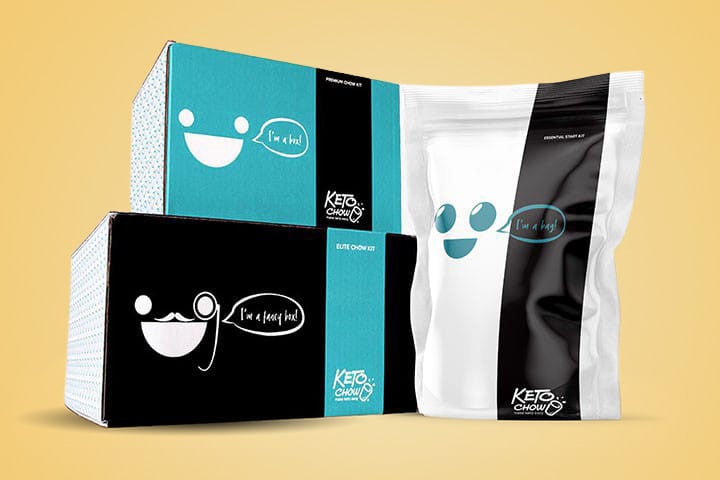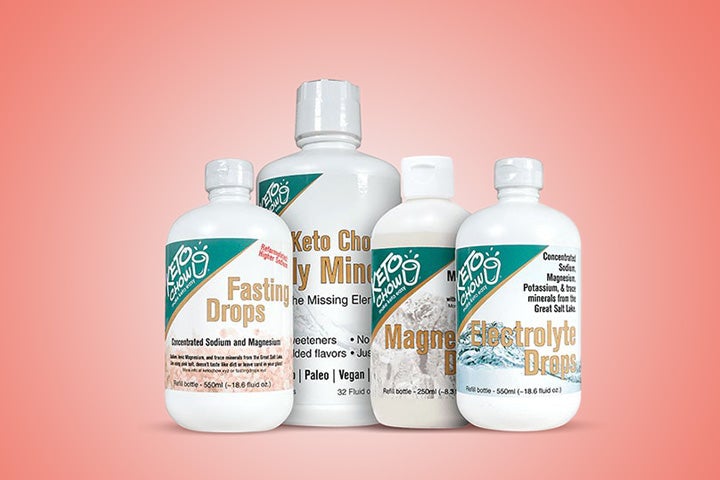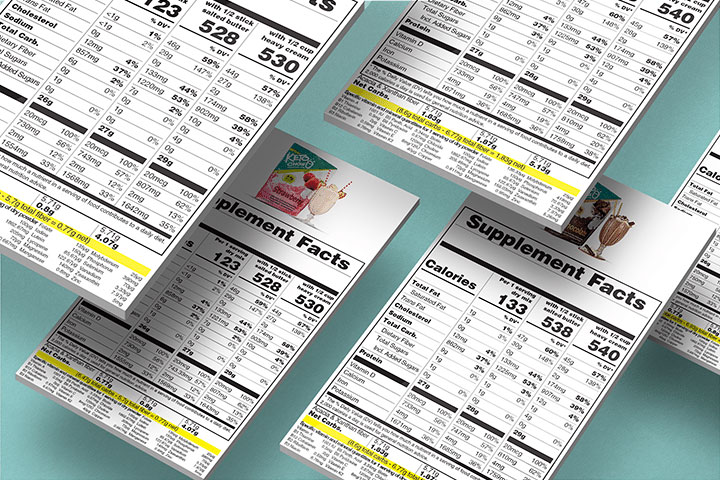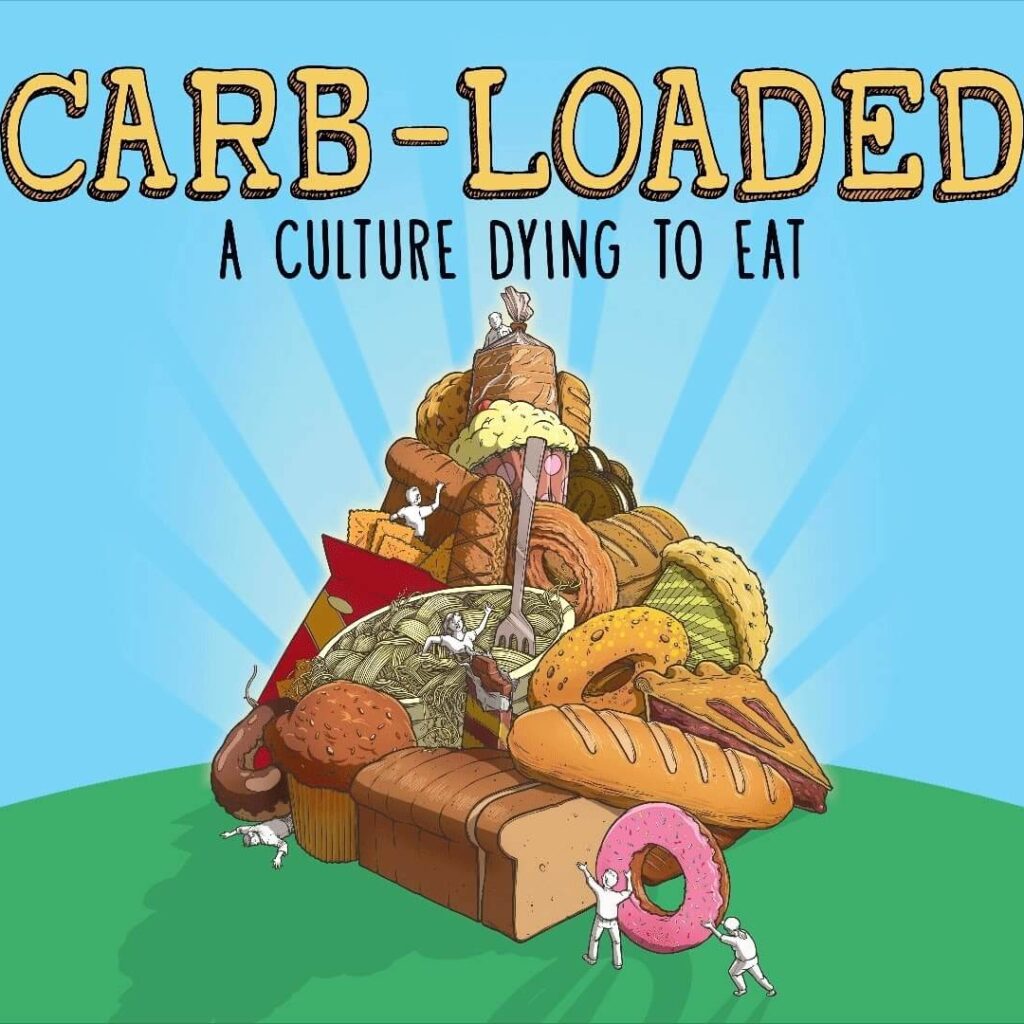Excellent documentary about a super skinny guy that was diagnosed with type-2 diabetes.
Does a great job at simply explaining many of the key points of a high fat, low carb diet. Here’s their “press release” description from their website:
It’s a classic image. An athlete bingeing on massive amounts of carbs before a race. It is believed that by consuming carbohydrates beforehand, an athlete is more likely to complete endurance events. Many people dress and talk like their sports heroes. They also EAT like them. While dressing and talking like your favorite athlete might not hurt you, many experts say carb-loading without the intent of strenuous physical activity can be destructive. This is just one aspect of our food culture to be addressed by Lathe Poland in his upcoming documentary, Carb-Loaded: A Culture Dying To Eat. Lathe, a slim build man in his mid 30’s, was diagnosed with Type2 diabetes in late 2010. “I wasn’t overweight. In fact I weigh the same now as I did back then. To be honest, I was completely blown away when my doctor gave me the diagnosis. Why would a seemingly healthy 30 something man like myself get a disease like this? My misconception like most people was that there were two scenarios where you get diabetes…Either it’s hereditary and it’s not your fault, or you eat junk food like it’s going out of style and end up diabetic.”
Lathe’s general practitioner wanted to start him on three different prescription medications, IMMEDIATELY. He recalls, “I guess what alarmed me was the ‘matter of fact’ rubber stamp approach. Is this the way it was for everyone? Feeling very discouraged, I resigned myself to the fact that I would be taking medication the rest of my life.” Not long after that, Lathe heard an NPR news segment about cases of diabetes and pre-diabetes skyrocketing. “I remember that was the tipping point for me,” he continues “for my own sanity, I needed to piece this puzzle together.” That journey began when Lathe spoke with his business partner, Eric Carlsen. Since 2004 the long time friends have run their own video production company. Lathe was interested in making a documentary, uncovering the reasons behind the shocking rise in diabetes over the last two decades. Eric though was a bit skeptical at first. “We have been producing video together for over eight years, so I have a lot of confidence in Lathe’s individual talent and our ability as a team. But the scope of what he was talking about was a bit overwhelming to say the least.” Buoyed by his friend’s enthusiasm, Eric finally agreed they could do it. The next obstacle that needed to be addressed was how to finance the film. “I had heard about filmmakers using crowd funding sites as an alternative to seeking financing from studios or private investors,” Lathe relates, “and I wondered if we could do the same.” Lathe and Eric decided they would use KickStarter.com to host their crowd funding project. However, as they continued their research they realized yet another challenge had to be met. Eric continues, “Crowd funding sites are a phenomenal tool, but they’re only effective if you attract a crowd. We knew we would have to build awareness and create an audience prior to launching our KickStarter campaign.”
As it turns out that audience would come from a multi-pronged approach. The two friends designed a website and set out to get experts to contribute content to the site. They also decided to make use of social media, including Twitter, Facebook and YouTube. As content on the site grew, so did their fan base on Twitter and Facebook. At least once a month Eric and Lathe create an update video and post it to YouTube and their website, informing interested people how the pre-production work is progressing. The pair decided they would include their outtakes for each update at the end of the segment. Lathe explains, “We wanted people to be able to relate to us right away. By letting them have a behind the scenes peek at what we were doing, it seems to attract a lot of interest in the project. We get great feedback when we post our video updates.” The duo plans to launch their KickStarter campaign in March of 2013, with the goal of beginning full scale production by late this spring. If all goes well they hope to complete filming toward the end of 2013. “It’s a way to take a negative (having diabetes), and turn it into a positive,” Lathe observes. “The idea is not to just scare people, but to help them realize that they have a measure of control over their health and the health of their kids. It requires education, and we get to play a small role in that process…what’s not to like about that?”























